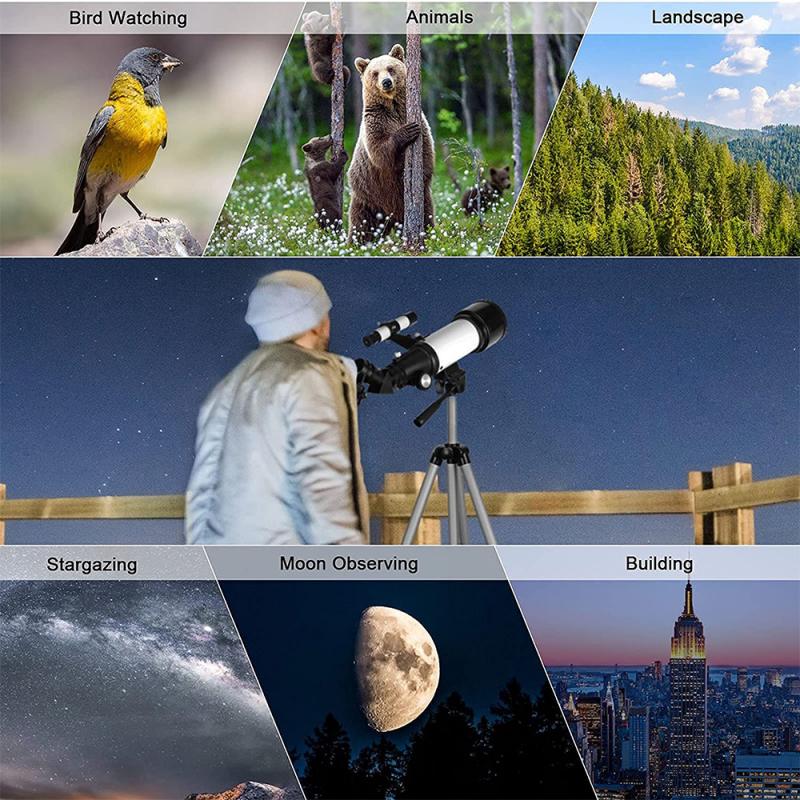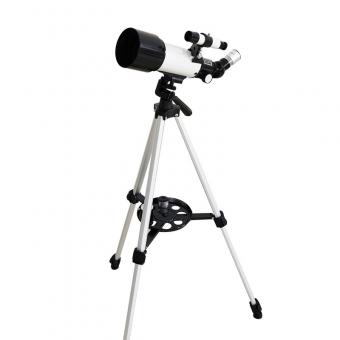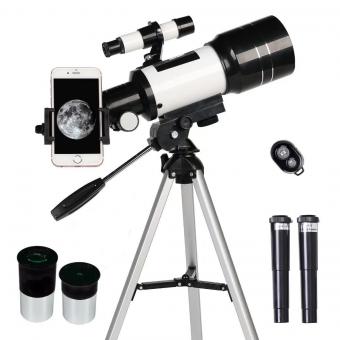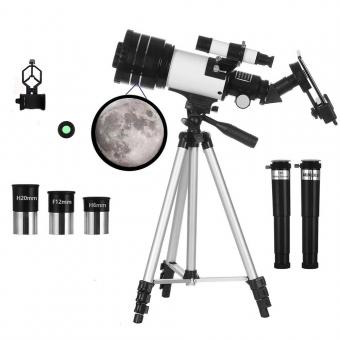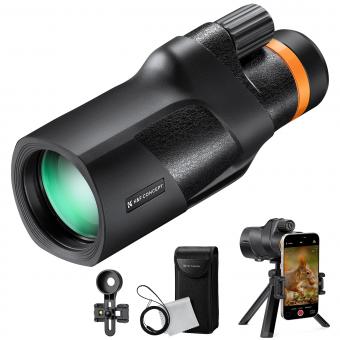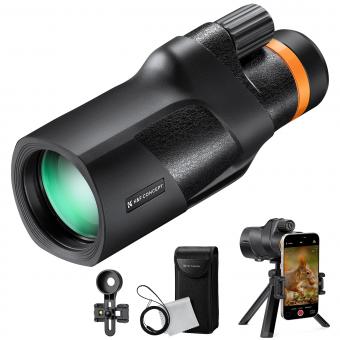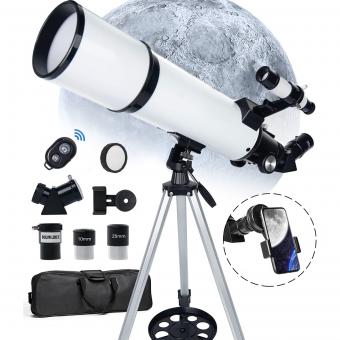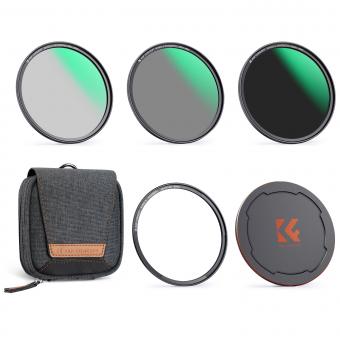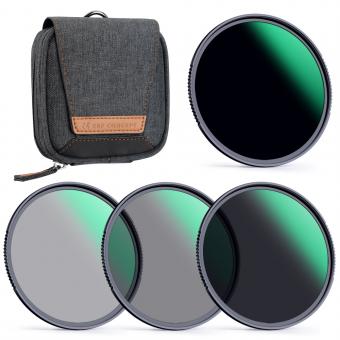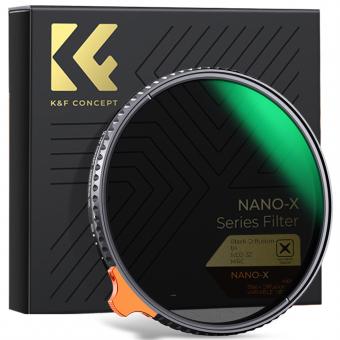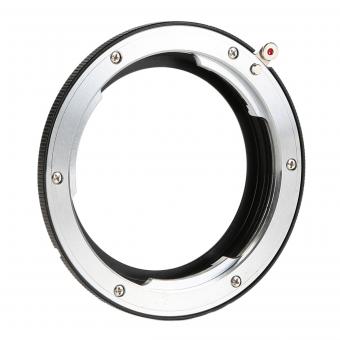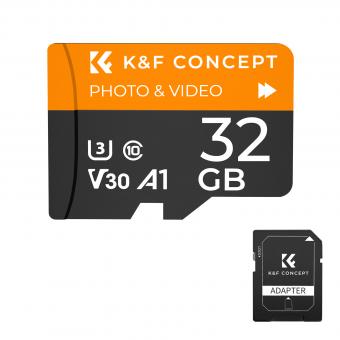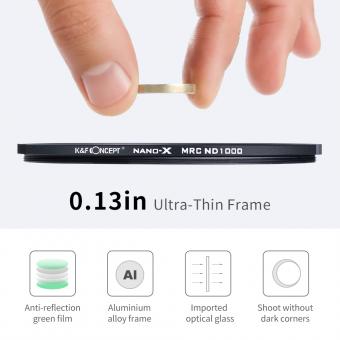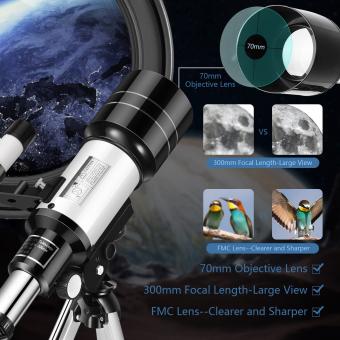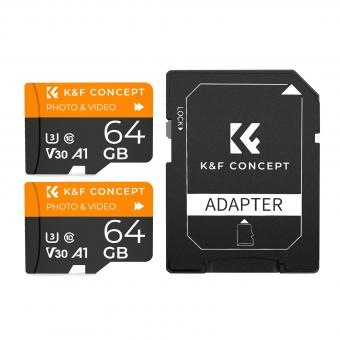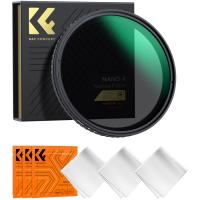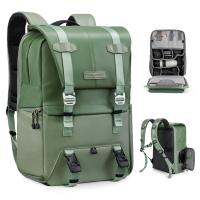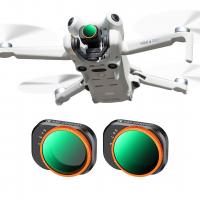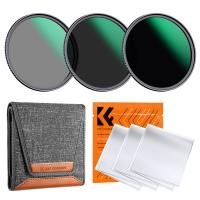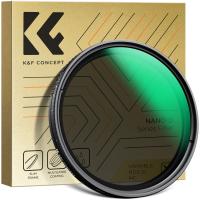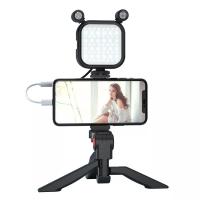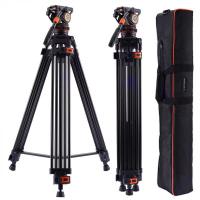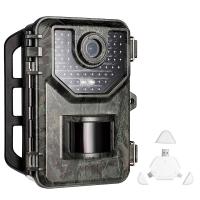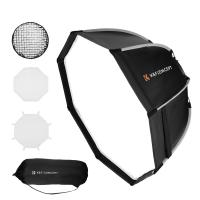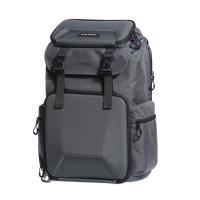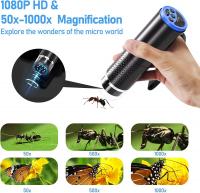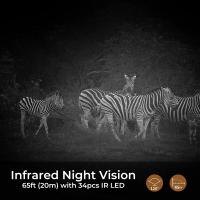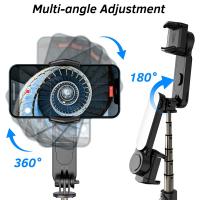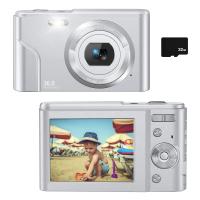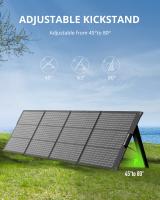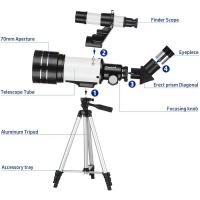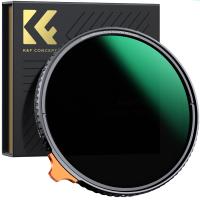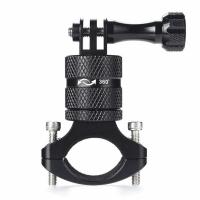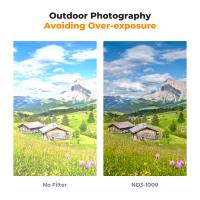What Is The Best Telescope For Beginners ?
The best telescope for beginners depends on personal preferences and budget. Some popular options for beginners include the Celestron PowerSeeker 127EQ, Orion SkyQuest XT8, and Meade Instruments Infinity 102mm. It is important to consider factors such as aperture size, mount type, and ease of use when choosing a telescope.
1、 Aperture: Larger aperture for better light-gathering capability.
The best telescope for beginners is one that strikes a balance between affordability, ease of use, and performance. While there are several factors to consider, aperture is often regarded as the most crucial aspect when choosing a telescope. Aperture refers to the diameter of the telescope's main optical component, typically the objective lens or primary mirror. A larger aperture allows for better light-gathering capability, resulting in brighter and more detailed views of celestial objects.
For beginners, a telescope with an aperture of at least 70mm (2.8 inches) is recommended. This size provides a good balance between portability and performance. Telescopes with larger apertures, such as 80mm (3.1 inches) or 90mm (3.5 inches), offer even better image quality and are suitable for those willing to invest a bit more.
In recent years, there have been significant advancements in telescope technology, particularly in the field of computerized or GoTo telescopes. These telescopes come with built-in computer systems that can automatically locate and track celestial objects. This feature can greatly enhance the observing experience for beginners, as it eliminates the need for manual star-hopping and allows for more time spent observing.
Additionally, many modern telescopes now come with smartphone compatibility, enabling users to capture images and videos directly through the telescope. This feature has made astrophotography more accessible to beginners, as it eliminates the need for expensive camera equipment.
Ultimately, the best telescope for beginners is one that aligns with their budget, observing goals, and level of interest. It is recommended to consult with experienced astronomers or visit a local astronomy club to gain further insights and hands-on experience before making a purchase.
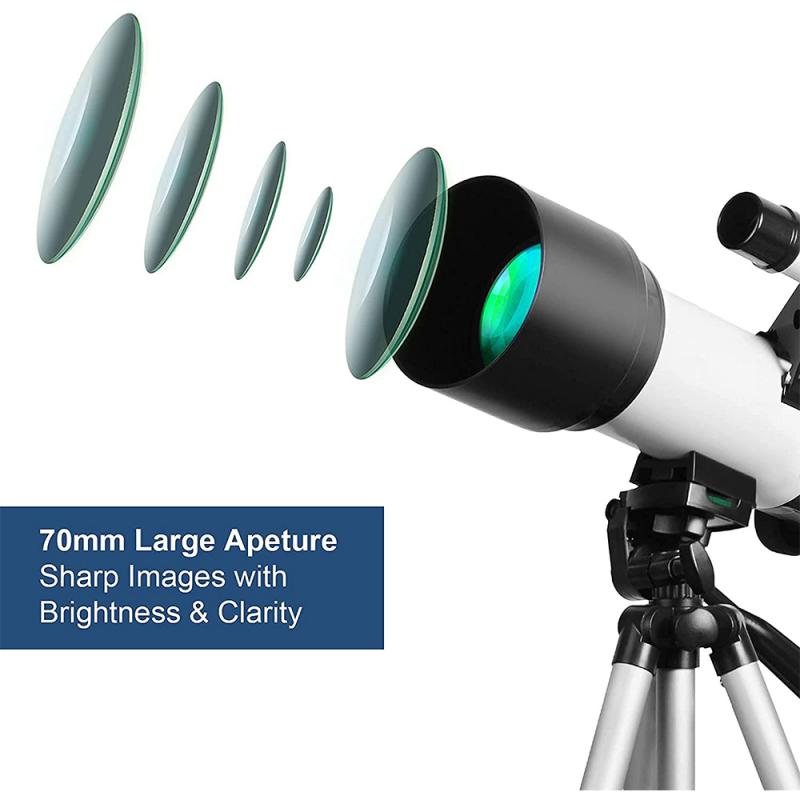
2、 Mount: Stable mount for smooth tracking and easy navigation.
The best telescope for beginners is one that strikes a balance between ease of use, affordability, and quality. While there are several options available in the market, a telescope with a stable mount for smooth tracking and easy navigation is highly recommended.
A stable mount is crucial for beginners as it allows for steady viewing and tracking of celestial objects. It ensures that the telescope remains steady even when adjusting the focus or changing eyepieces, minimizing vibrations that can disrupt the viewing experience. Additionally, a stable mount makes it easier to navigate the night sky, enabling beginners to locate and track objects with greater precision.
When it comes to choosing a telescope, it is important to consider the latest advancements in technology. Many telescopes now come with computerized mounts that have built-in databases of celestial objects. These mounts can automatically locate and track objects, making it even easier for beginners to explore the night sky. Some models even have smartphone apps that provide real-time guidance and information about the objects being observed.
Affordability is another important factor for beginners. It is advisable to start with a telescope that offers good value for money without compromising on quality. There are several reputable brands that offer entry-level telescopes with stable mounts at reasonable prices.
In conclusion, the best telescope for beginners is one that features a stable mount for smooth tracking and easy navigation. With the latest advancements in technology, beginners can now choose telescopes with computerized mounts that simplify the process of locating and tracking celestial objects. It is also important to consider affordability and choose a telescope that offers good value for money.
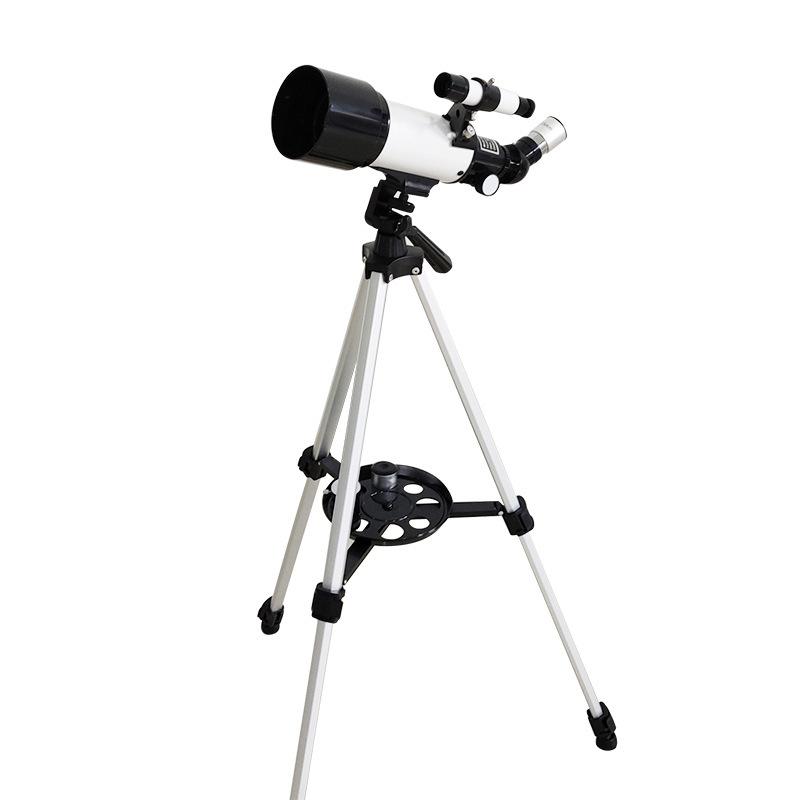
3、 Portability: Compact and lightweight design for easy transportation.
The best telescope for beginners is one that offers a combination of ease of use, affordability, and portability. When it comes to portability, a compact and lightweight design is essential for easy transportation.
One popular option for beginners is the Celestron NexStar 4SE. This telescope is known for its compact size and lightweight design, making it easy to carry and set up. It weighs only 21 pounds and can be easily transported in a backpack or a small carrying case.
Portability is especially important for beginners who may want to take their telescope to different locations for stargazing. Whether it's a camping trip or a visit to a dark sky site, having a portable telescope allows beginners to explore different celestial objects from various locations.
Additionally, a compact and lightweight telescope is also easier to store when not in use. It takes up less space and can be conveniently stored in a closet or under a bed.
It's worth noting that the latest advancements in telescope technology have made portable telescopes even more accessible and user-friendly. Many telescopes now come with built-in computerized mounts and smartphone compatibility, allowing beginners to easily locate and track celestial objects with the help of apps and software.
In conclusion, when considering the best telescope for beginners, portability is an important factor to consider. A compact and lightweight design allows for easy transportation and storage, making it convenient for beginners to take their telescope on the go and explore the wonders of the night sky.
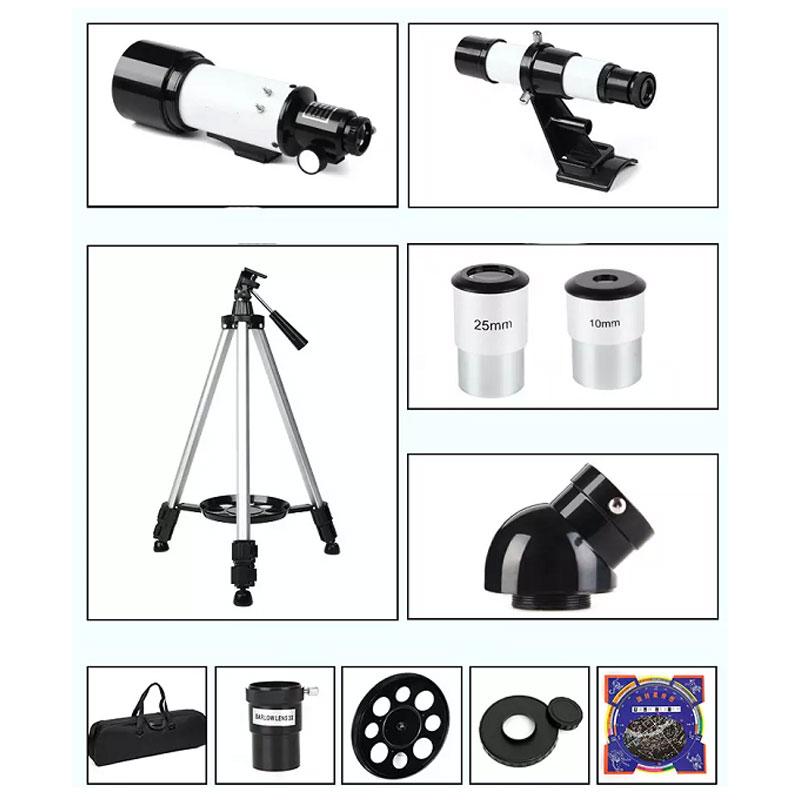
4、 Optics: High-quality optics for clear and sharp views.
The best telescope for beginners is one that offers high-quality optics for clear and sharp views. When starting out in astronomy, it is crucial to have a telescope that provides a good balance between ease of use and performance. High-quality optics ensure that the images you observe are crisp and detailed, allowing you to fully appreciate the wonders of the night sky.
There are several reputable brands that offer excellent telescopes for beginners. Celestron and Orion, for example, have a range of entry-level telescopes that are known for their quality optics. These telescopes often come with a decent aperture size, which determines the amount of light the telescope can gather. A larger aperture allows for better image resolution and the ability to observe fainter objects in the sky.
Additionally, a beginner's telescope should be easy to set up and use. Look for telescopes with a sturdy mount and a user-friendly design. Many telescopes now come with computerized mounts that can automatically locate celestial objects, making it easier for beginners to navigate the night sky.
It is also worth considering the latest advancements in telescope technology. Some telescopes now come with built-in Wi-Fi and smartphone compatibility, allowing you to control the telescope using your mobile device. This can enhance the overall observing experience and make it more convenient for beginners to explore the cosmos.
In conclusion, the best telescope for beginners is one that offers high-quality optics for clear and sharp views. Consider reputable brands, a decent aperture size, ease of use, and the latest technological advancements when making your choice. Happy stargazing!
